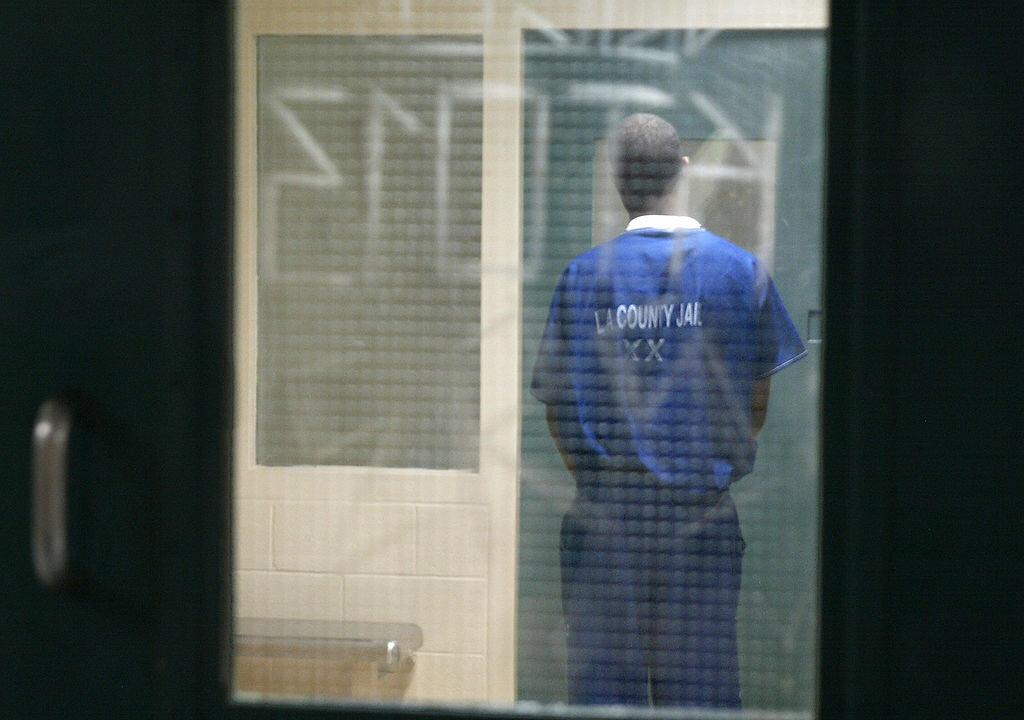LOS ANGELES—A Los Angeles federal judge has signed off on a temporary restraining order addressing what the American Civil Liberties Union called “abysmal” conditions at the county jail system’s booking center, where mentally ill detainees were reportedly kept shackled to chairs for days at a time and others were crammed together, sleeping head-to-foot on concrete floors, according to court documents obtained on Sept. 17.
U.S. District Judge Dean D. Pregerson signed the order Friday compelling guards to move inmates out of the inmate reception center and into secure housing within 24 hours.





